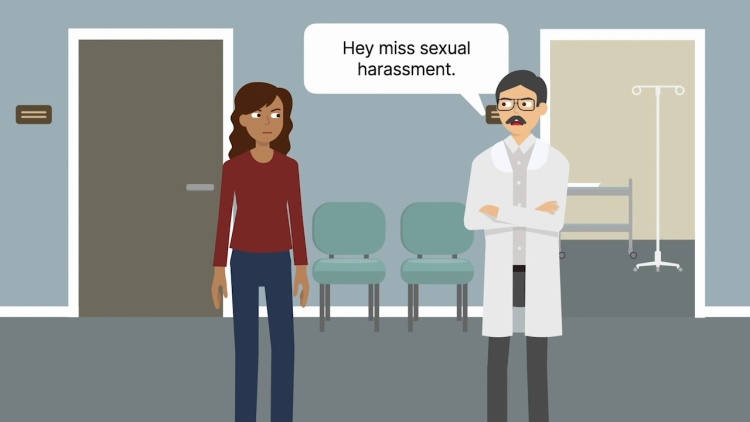O'Connor v. Davis
United States Court of Appeals for the Second Circuit
126 F.3d 112 (1997)
- Written by Robert Cane, JD
Facts
Bridget O’Connor (plaintiff) was enrolled as a student at Marymount College (Marymount) (defendant), majoring in social work. Marymount College required social-work majors to complete 200 hours of field work at an approved organization like a school or healthcare facility. During O’Connor’s senior year Marymount placed her with Rockland (defendant), a hospital for the mentally disabled. O’Connor did not receive compensation from Rockland, but she did receive federal work-study funds for her volunteer work at the hospital. Dr. James Davis (defendant) was a licensed psychiatrist at Rockland. He called O’Connor “Miss Sexual Harassment” and made a number of other inappropriate sexual remarks on numerous occasions to both O’Connor and other women at Rockland. O’Connor reported the harassment promptly, but Rockland was slow to take action. O’Connor left Rockland for a different internship and subsequently filed an action in the district court against Marymount, Rockland, employees of both organizations, and New York State (defendants) for sexual harassment in violation of Title VII and Title IX. All defendants but Rockland and New York State were removed eventually from the action. The two remaining defendants filed a motion for summary judgment, which the district court granted, finding that O’Connor was not an “employee” under Title VII. O’Connor appealed to the United States Court of Appeals for the Second Circuit.
Rule of Law
Issue
Holding and Reasoning (Walker, J.)
What to do next…
Here's why 907,000 law students have relied on our case briefs:
- Written by law professors and practitioners, not other law students. 47,100 briefs, keyed to 996 casebooks. Top-notch customer support.
- The right amount of information, includes the facts, issues, rule of law, holding and reasoning, and any concurrences and dissents.
- Access in your classes, works on your mobile and tablet. Massive library of related video lessons and high quality multiple-choice questions.
- Easy to use, uniform format for every case brief. Written in plain English, not in legalese. Our briefs summarize and simplify; they don’t just repeat the court’s language.





